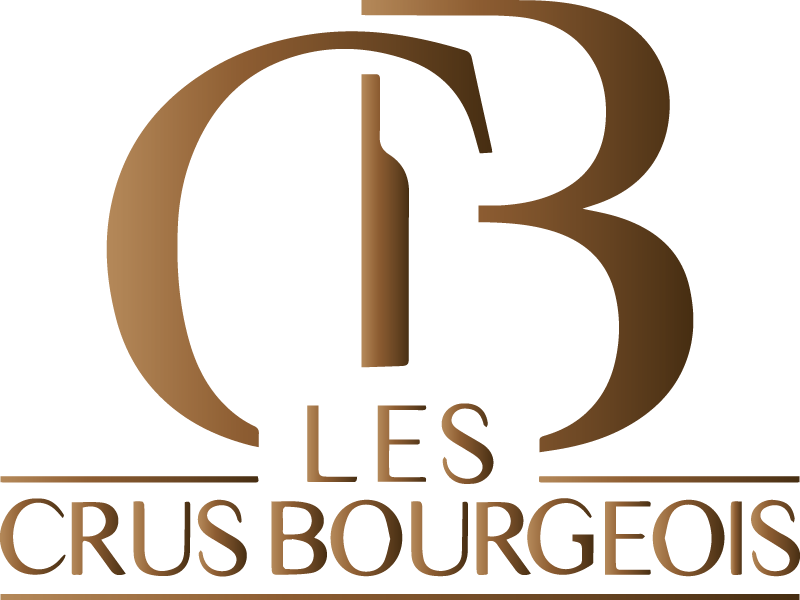
A sumptuous Haut-Médoc
The history of Château Sénilhac has been written for three centuries. On the left bank of the Bordeaux vineyard, in Saint-Seurin-de-Cadourne, the plots of vines extend around a sumptuous estate where great figures have made the history of wine in Haut Médoc.
1766
Jean-Baptiste Basterot, Lord of Listran and President of the Court of Aids of Bordeaux, buys the noble house of Sénilhac from Mademoiselle de Pichon in exchange for a life annuity of 1000 pounds.
1789
In September 1789, to face his debts, the son of Jean-Baptiste Basterot, Barthélémy de Basterot, sold the Sénilhac estate to the merchants Crucier and Vergnes for the sum of 150,000 pounds.
THE 1800s
This estate was the property of François Louis Marie Armand Lalande (1820-1894), deputy mayor of Bordeaux, president of the Bordeaux Chamber of Commerce and deputy of the Gironde, who was also the owner of Château Cantenac Brown and Château Léoville- Poyferré for the classified growths but also other areas such as Château La Couronne or Château Moulin-Riche.
(1844-1933) was the manager of the estate as well as at Château Léoville-Poyferré.
1938
Purchased in 1938 by the Grassin family, the vineyard then had an area of 3 hectares.
1941
In 1941, the estate was owned by the Lalande heirs. At the end of the 19th century, Château Sénilhac was the largest harvester in the commune of Saint Seurin de Cadourne with 200 barrels of red wines and 10 of whites.
1972
In 1972, Michel Grassin inherited Sénilhac. Twenty hectares of vines are restored, a new vat room is installed in the old walls and the barrel cellar restored, thus perpetuating the traditional maturing of wine.
1991
In 1991, the management of the estate was passed on to Loïs and Jean-Luc Grassin, sons of Michel Grassin.
2017
In 2017, the estate was bought by Chi Tong, a Chinese entrepreneur who owns three other Bordeaux estates. Château Sénilhac is renamed Château Antilope Tibétaine.
2022
In 2022, Château Sénilhac returns to French hands and reconnects with its prestigious past.
Sénilhac, from the Latin Sanus locus, meaning “healthy place”, reflects a place where it is good to live
The elegance of a cru bourgeois
Formerly called “Crus des Bourgeois”, this classification comes first from the Middle Ages and the merchants of the time. Having become bourgeois thanks to the wine trade, they bought the best plots of land in the Médoc. The hierarchy appeared in the 19th century and evolved from year to year. Today, it is a five-year ranking.

